7 sexually-sounding Pinoy words with unexpected meanings
In a total of 7,107 islands in the Philippines, over 100 languages are being spoken by different ethnic groups. Given that most of the Filipinos speak Tagalog, some languages used by other groups are misinterpreted because of its different and sometimes naughty meaning.
Here are 7 naughty-sounding words that would tickle our dirty imagination:
# 1 Anto tan?

What you are thinking right now is what the phrase anto tan means. The phrase is in Pangalatok, a language used in Pangasinan, which means "ano yan?" or "what is that?". Now, you can simply ask your girlfriend this: "Anna, anto tan?"
READ ALSO: 5 Koreanovelas that captured the hearts of Filipinos (and if you love these, better check our recommendations too!)
# 2 Tete
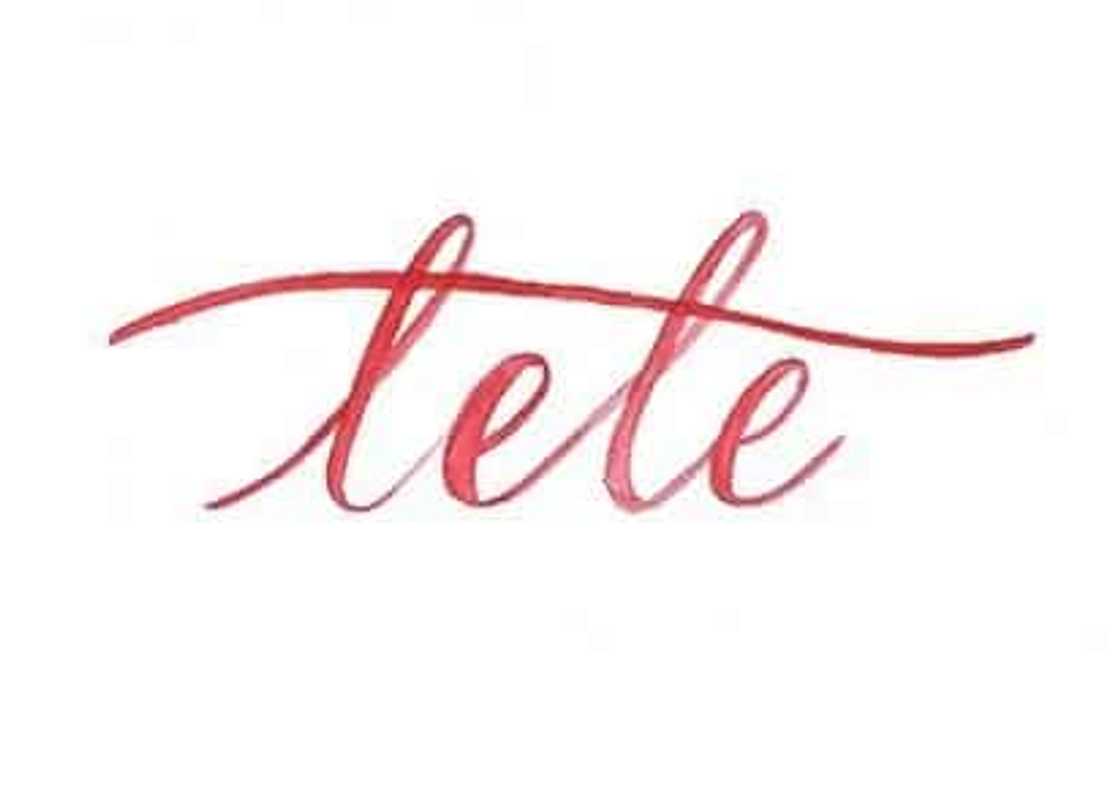
And no, it's not the guys' little buddy. It is the Kapampangan term for "bridge". An example of Kapampangan sentence where the word "tete" is used is this: “Asapu ke ing bola king lalam na ning tete.” This sentence means "I caught the ball below the bridge." So next time you see a huge bridge in Pampanga, do not hesitate to say: "Ang laki ng tete!"
# 3 Poqui-poqui
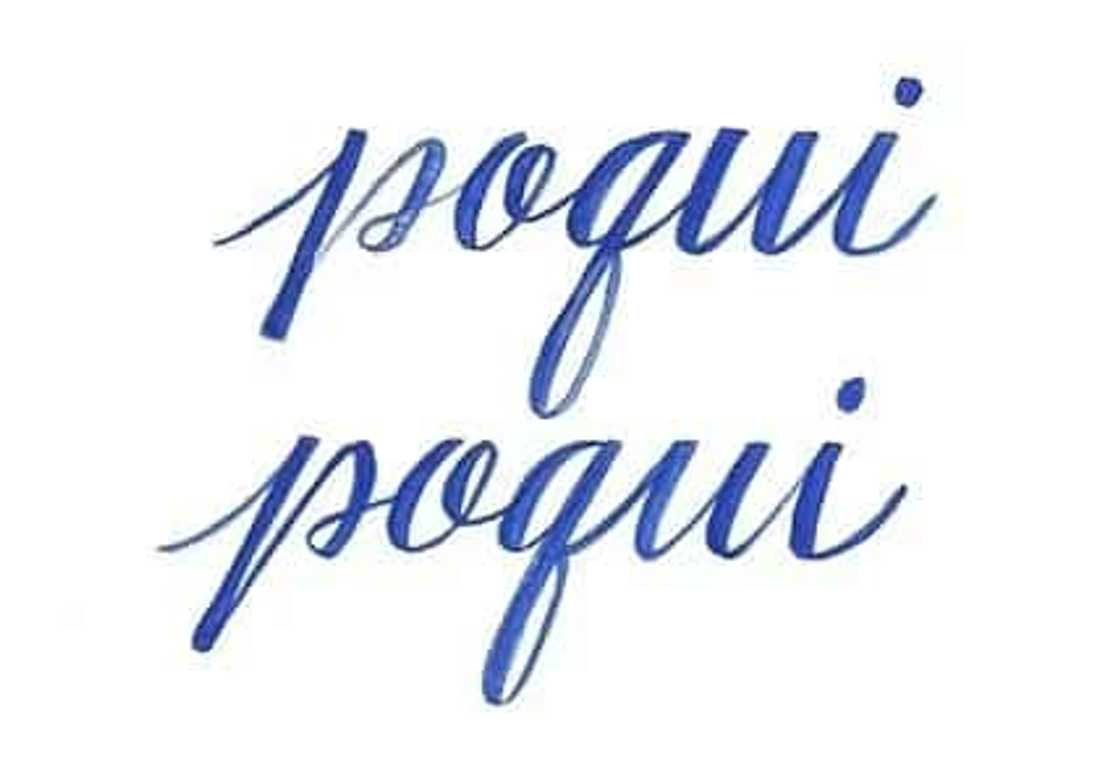
This is one delicious dish! Yes, it is a savory dish in Ilocos Region with its main ingredient-- eggplant. It is sautéed in garlic, onion, tomatoes, and beaten eggs. It is one healthy and delicious dish that will definitely leave you craving.
# 4 Kabatiti
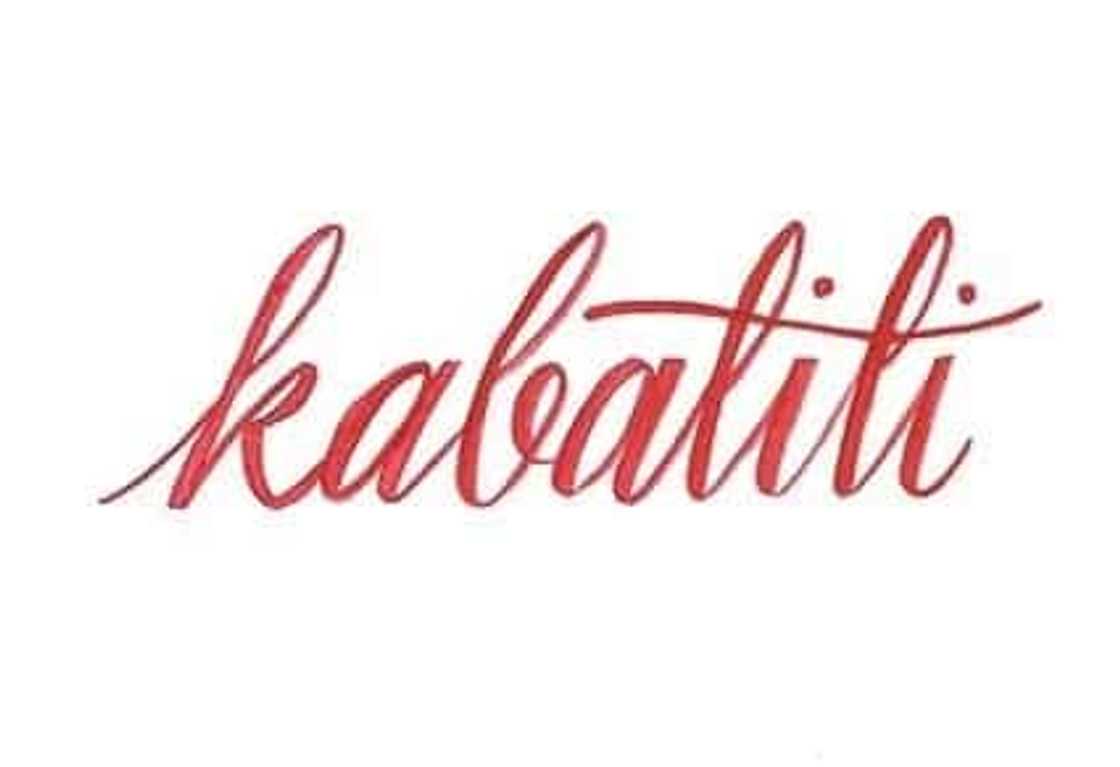
Just like what you're thinking, this is also long and well-- green. "Kabatiti" is an Ilocano term for the vegetable, patola. It is also known as "luffa" or "loofah" in English. And it sounds cute too when you repeatedly say the word!
READ ALSO: 10 things 90s kids buy at sari-sari store for 1-peso
# 5 Nindot
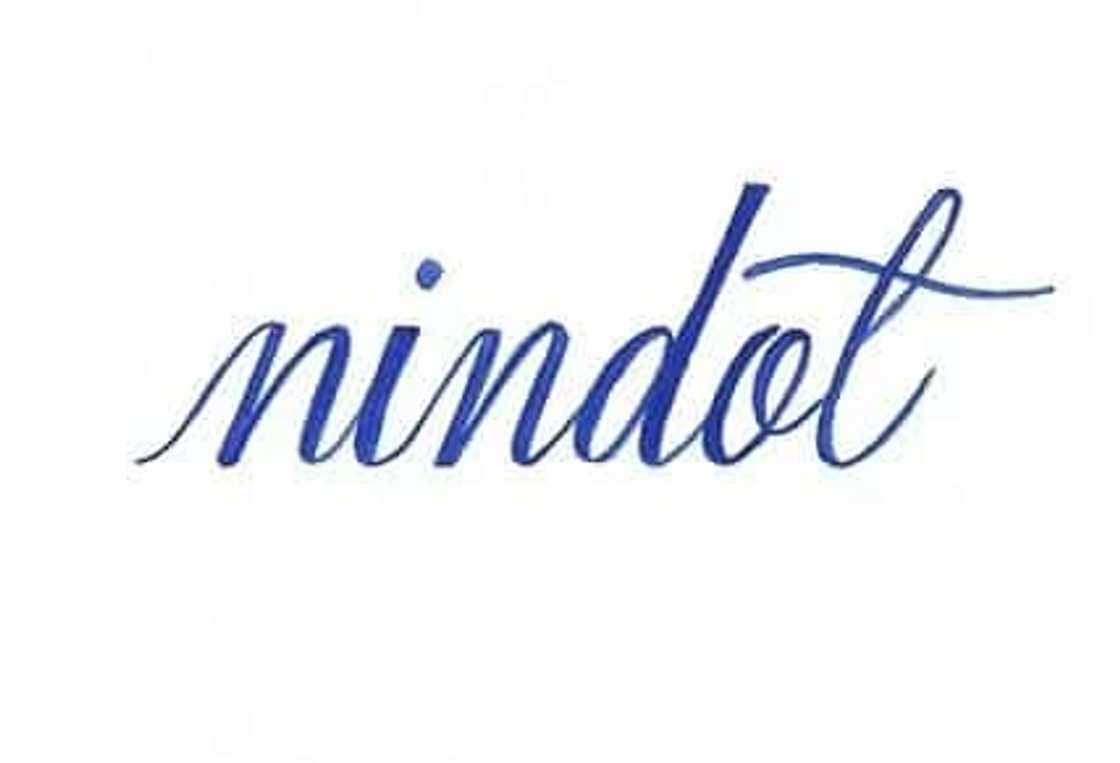
Sounds naughty, right? Well, you should be flattered when someone tells you "Nindot ka!" because it is the Cebuanos' way of telling you "You're beautiful."
# 6 Libog
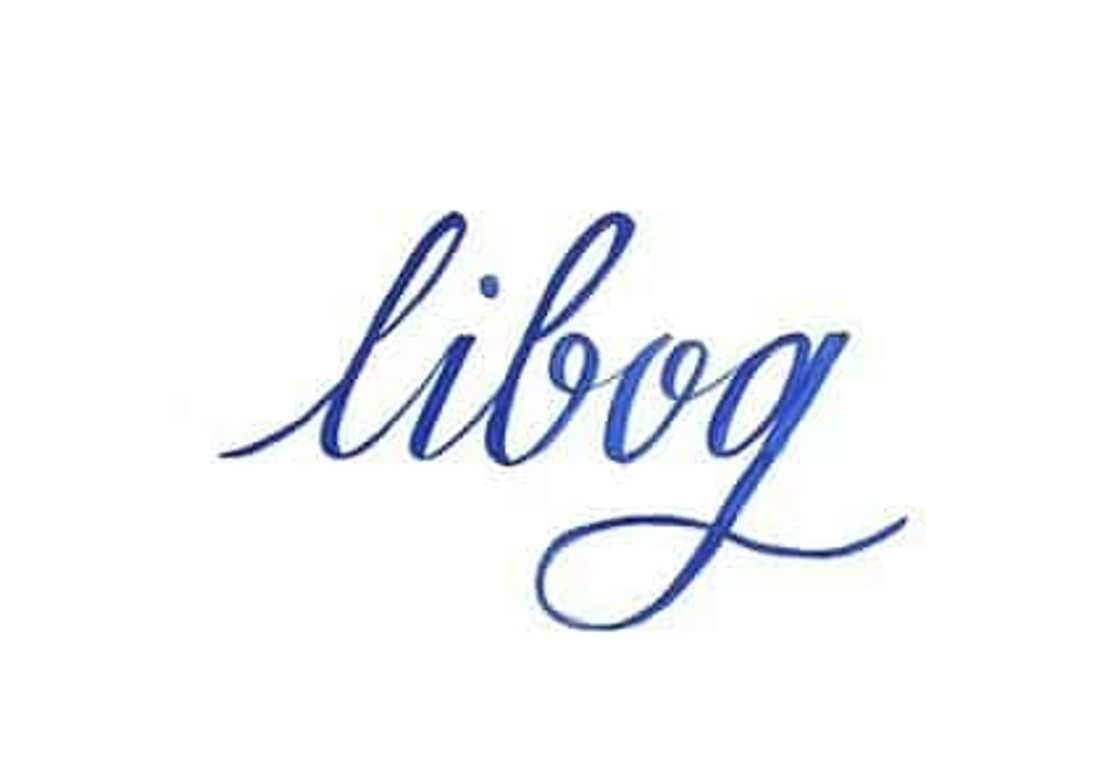
"Libog na libog ka na ba?" If not, then you're still following this. "Libog" is not what you feel when you are aroused but Ilonggos, when they are libog na libog, means that they are confused.
# 7 Biag
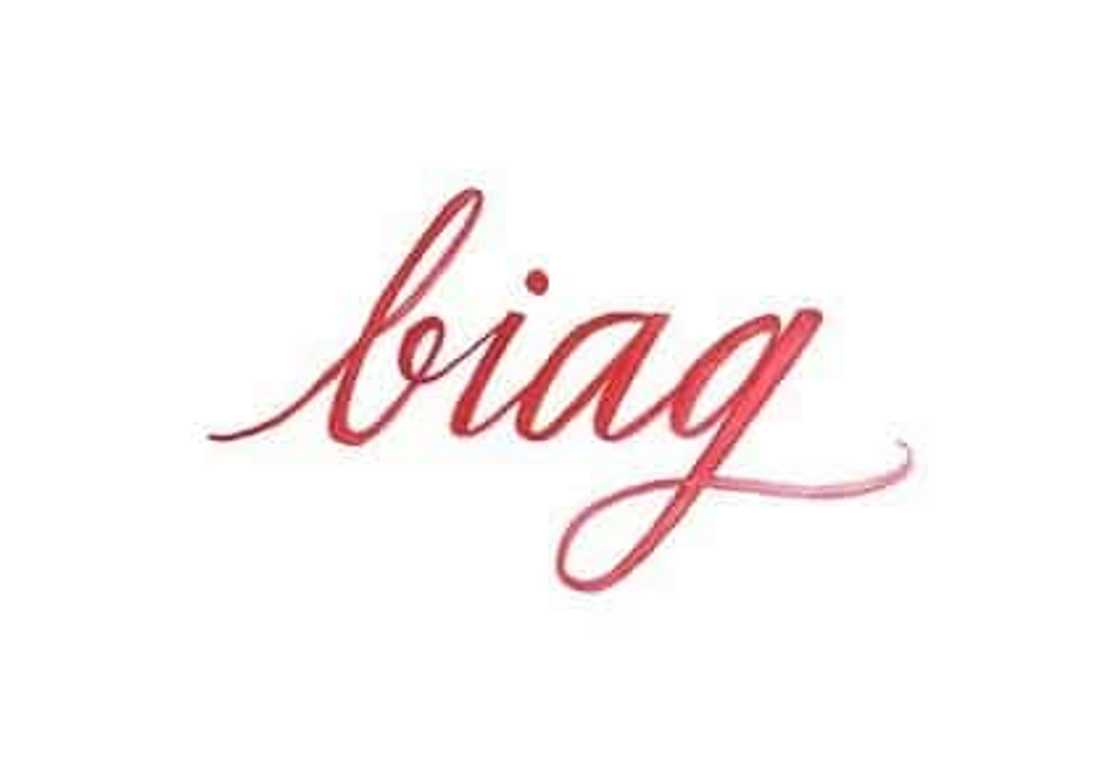
You've probably heard of the Ilokano epic poem called Biag ni Lam-ang and if you listened well to your teacher's discussion, you already know what "biag" means. For those who were not present during discussion, the word simply means "life".
READ ALSO: VIDEO: Top 5 FUNNIEST Pinoy kids who went viral for making people LOL!
Source: KAMI.com.gh

